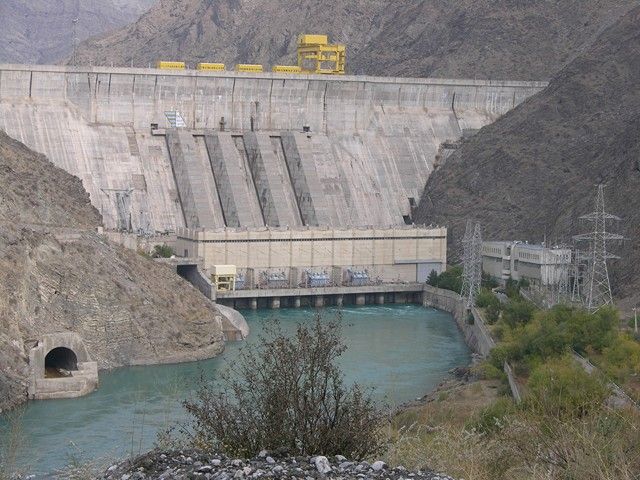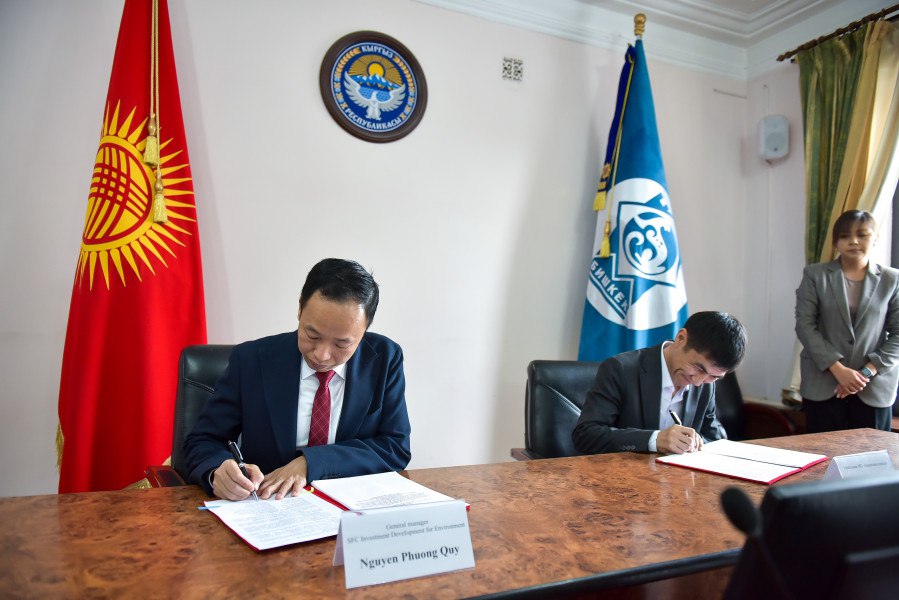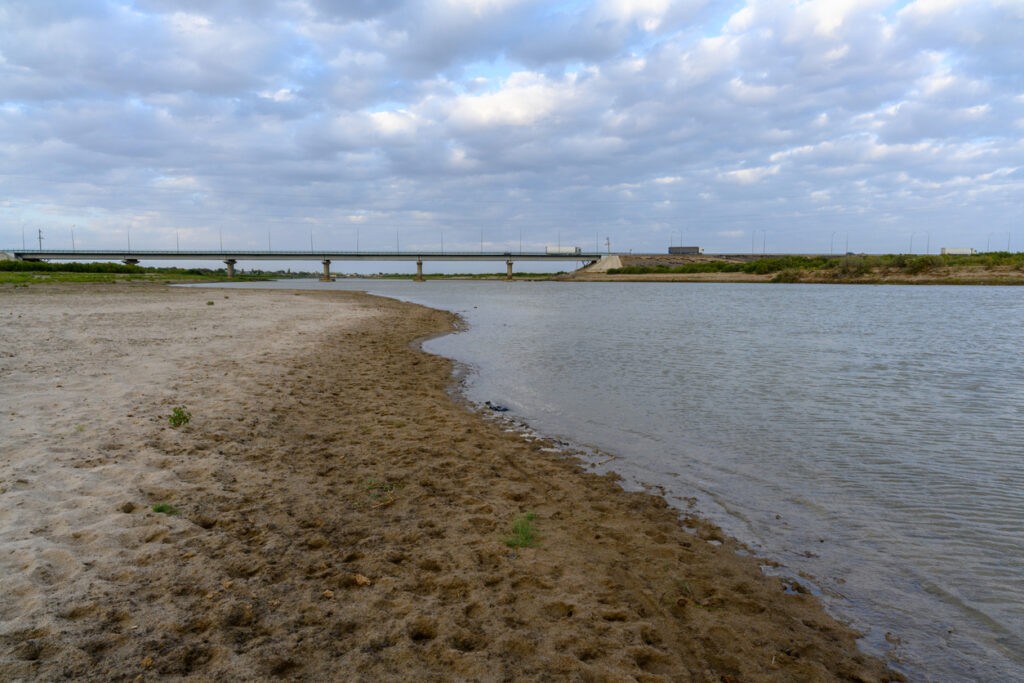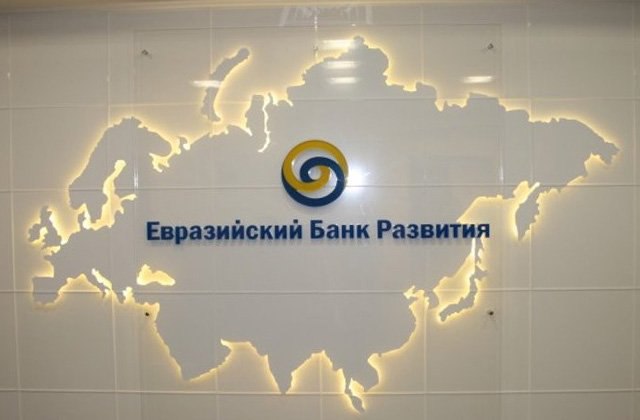BISHKEK (TCA) — Kyrgyzstan and Tajikistan are the countries where water resources of Central Asia are formed, and they have great hydro power potential. However, there are many problems in the energy sectors of these countries.
Kyrgyzstan’s energy system operates with a deficit, Vice-Prime Minister of Kyrgyzstan Muhammetkaly Abulgaziev said, which would be more than 1.5 billion kWh this year.
The Kyrgyz Government advised the population to use coal in order to save electricity. The operating hydroelectric power stations (HPPs) can not cover the electricity needs of industries and businesses.
New HPPs could solve the problem but their construction is not expected in the near future.
Twenty one hydropower plants with a total capacity of 3,071 MW are now operating in Kyrgyzstan including the main five HPPs of the Lower Naryn Cascade (Toktogul HPP – 1,200 MW, Kurpsai HPP – 800 MW, Tashkumyr HPP – 450 MW, Shamaldysai HPP – 240 MW, and Uchkurgan HPP – 180 MW).
Tajikistan and Kyrgyzstan
Tajikistan has refused to supply electricity to Kyrgyzstan, although the Kyrgyz Government has not yet received an official notification on this issue.
According to Tajik media, Minister of Energy and Water Resources of Tajikistan Usmonali Usmonzoda said that the country cannot supply the requested amount of electricity to Kyrgyzstan due to the increased electricity needs of the industrial enterprises of Tajikistan’s Sughd Region where a large number of companies operate around the clock and need more power.
Kyrgyzstan had asked the Tajik side to sell 2 billion kilowatt-hours of electricity this year.
Tajik electricity exports have increased this year compared to the previous years, Usmonzoda added. So, Tajik electricity supplies to Afghanistan have reached 638 million kilowatt-hours.
The failure of Tajikistan to supply electricity to Kyrgyzstan is probably related to the pricing policy, experts say. Kyrgyzstan offered 2.5 US cents per kWh of electricity while Tajikistan sells electricity to Afghanistan at 3.5-7.0 US cents.
The Tajik minister said that more than 4 billion kWh of electricity would not be produced this year due to idle discharges of water from the reservoirs of large Tajik HPPs. So, the price is likely the main reason for the failure to supply electricity, not the generation volume.
Every year, Kyrgyzstan negotiates electricity supplies with Tajikistan, and sometimes, during high water level years, Kyrgyzstan supplies electricity to the neighboring country.
Power exchange options
There are options for mutually beneficial electricity exchange between Kyrgyzstan, Tajikistan and Kazakhstan, experts believe.
During the summer, Kyrgyzstan can buy 200 million KWh of electricity from Tajikistan, and in the winter months it can sell 100 million KWh to Tajikistan. After setting an average price per kWh, both countries could come to a common agreement.
This option would be interesting to Tajikistan, as the country has an excess of power generation in the summer and a huge deficit in winter.
There could also be a profitable barter with Kazakhstan. In summer, Kazakhstan does not need to purchase electricity from Kyrgyzstan but is interested in getting irrigation water from Kyrgyzstan in the growing season for the southern Kazakh regions.
In summer, Kyrgyzstan could discharge water from the Uch-Kurgan HPP reservoir to Kazakhstan for irrigation. In winter, Kazakhstan could sell to Kyrgyzstan the amount of electricity that could be generated by the Uch-Kurgan HPP using the summer water discharge. This exchange would be mutually beneficial to both countries, contributing to strengthening economic cooperation between Kyrgyzstan and Kazakhstan.
Earlier this month, Kyrgyzstan and Kazakhstan signed a protocol of interchange of 200 million kWh of electricity, the Kyrgyz Electric Power Stations JSC said. In August and September, Kazakhstan will receive 200 million kWh of electricity, which will be returned in November.
Since the beginning of this year, Kyrgyzstan has imported more than 133 million kWh from Kazakhstan. It is still unknown whether Kyrgyzstan will import electricity from Kazakhstan in the coming winter period of 2016/2017, as it would depend on the weather conditions. If the reservoir of Kyrgyzstan’s largest Toktogul HPP accumulates more than 16 billion cubic meters of water in the autumn and winter, Kyrgyzstan would not have to import electricity, experts say. This year the situation is favorable due to frequent rains.
In order not to depend on the weather conditions and variability of decisions of the neighboring countries, Kyrgyzstan should develop a water management policy; otherwise it would always have to import electricity.
Donors’ assistance
Kyrgyzstan cannot develop its energy sector without financial support from international financial institutions. The National Energy Holding of Kyrgyzstan published information on ongoing projects in the energy sector.
The German Development Bank KfW is financing a project to improve the efficiency of electricity distribution networks in Kyrgyzstan, and the Asian Development Bank – on improving power supply in Bishkek and Osh cities including the introduction of automated data control and modernization of substations.
The ADB is also financing the rehabilitation of the country’s largest Toktogul HPP, as well as conducting research on the state and safety of dams of the Naryn HPPs cascade. The government of Switzerland is financing the reconstruction of the At-Bashi HPP.









